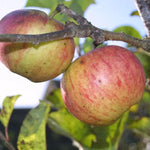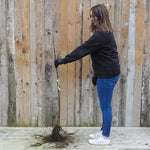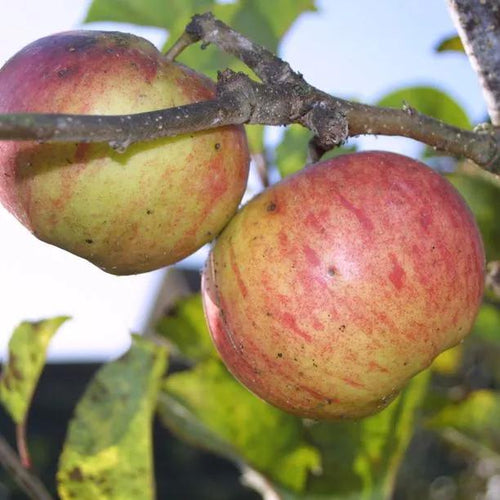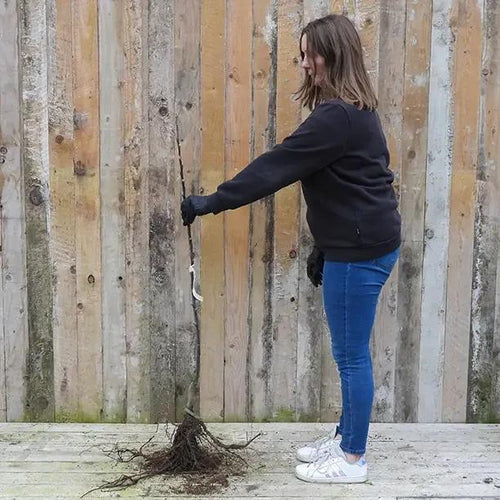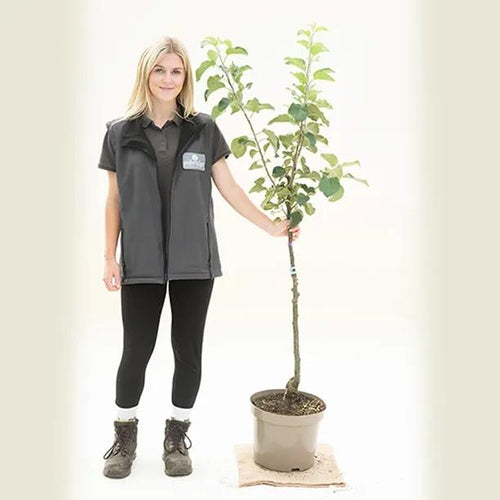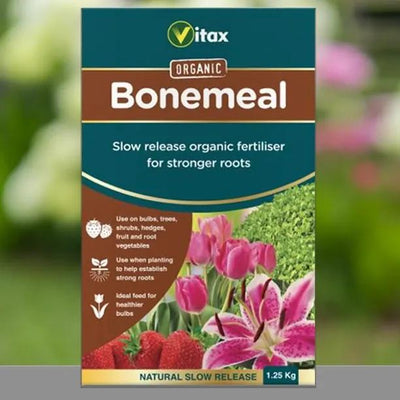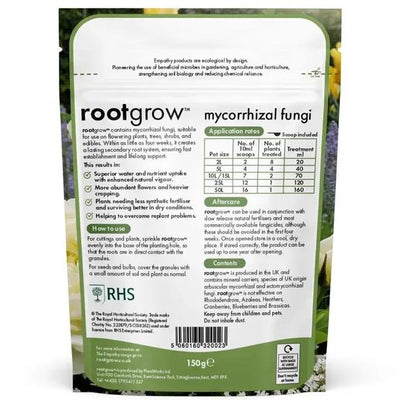 Delivered across the UK
Delivered across the UK Which Best Plant Supplier 2025
Which Best Plant Supplier 2025 1 Year Bareroot Plant Guarantee
1 Year Bareroot Plant Guarantee
About Lord Lambourne Apple Trees
Lord Lambourne Apple Trees
Lord Lambourne is one of those prodigies who took all the best bits from both of his parents, James Grieve and Worcester Pearmain, and became something quite different. The apple is a pleasing round shape and looks streaky red over orange/green with a smidgen of russeting present.
Lord Lambourne is the earliest of the aromatic apples to fruit - very apple-y with a strong and pleasant taste that is tempered by clear acidity and will sweeten over time, even after picking. The flesh is clean white and juicy to the bite.
His blossom comes in early May and will reliably survive a frost or two, so you are almost always guaranteed a crop even in a chilly Spring.
Browse our range of apple trees or all our fruit trees.
Features
- Height: bushes to 3m, half standards to 4.5m
- Use: Aromatic Eating
- Pruning: Partial tip bearer
- Pollination: Partially self-fertile
- Picking: September
- Apple colour: orangey green / red
- Pollination Group C
- RHS Award of Garden Merit
Growing Lord Lambourne
Lord Lambo (to his friends) is very easy to grow, being highly resistant to scab and hard winters. Being partially self-fertile, it's recommended that you have another apple tree close by from Group C or D unless you have some flowering crab apples in the vicinity which will also do the job. A suggestion would be a very different dessert apple, Jupiter - an enormous contrast in taste and size - because one of Lord Lambourne's attractions is the small size of its fruit making them very attractive for children. An unusual cooker would be Howgate Wonder which doubles up as an eating apple later in the season.












 Secure, One-Tap Checkout
Secure, One-Tap Checkout
 Hand Picked, Delivered to Your Door!
Hand Picked, Delivered to Your Door! 1 Year Bareroot Guarantee
1 Year Bareroot Guarantee